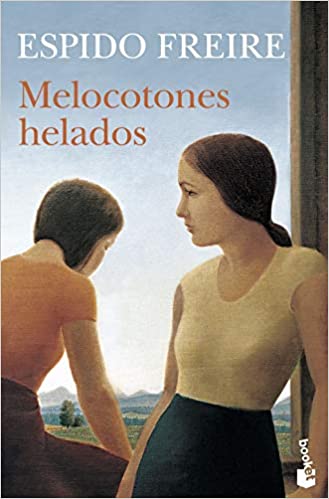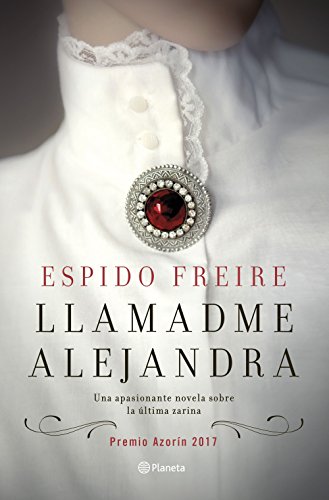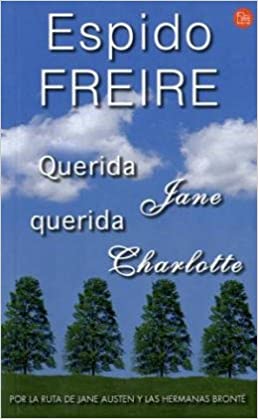Discuss Espido freire is to speak of literary precocity. This author, who already obtained the Planet award with 25 years (the youngest to achieve it) achieved from that early age that dream of writing as a way of life. A milestone in the Spanish literary scene and a reflection for all those young people with vital concerns that are reflected in the first book sketches.
And from those end of the 90's until today, more than 20 books are composing a bibliography of weight, consistent and with personality. New essay books, sustained participation in the press and radio, a multifaceted writer who never ceases to amaze us and who is even capable of addressing different genres in her novels.
The time has come to establish the podium of his works, I get to it without further delay.
Recommended books by Espido Freire
Frozen peaches
The natural conditions on what this novel must have supposed for its author lead me to place this work in the first place. Winning the Planet with 25 years marks a lot. So it would happen with Espido as with its new readers.
Any first writing, any intention to write from youth is always an exercise in liberation. What came next, the recognition would be a glory never expected. Elsa, a young painter, has been forced to leave her home in the face of death threats for which she does not know why, and goes to another city to live with her grandfather.
In that kind of exile that no one wants to take seriously, Elsa delves into the intricate human relationships, which she had neglected to dedicate herself to painting, and moves between her own family history and, above all, that of a cousin with the one that shares name and surname. In this way he faces his fragility, mistakes, the mixture of identities, living a wrong life without knowing it. Is it possible that even when you die there are confusion?
Call me Alejandra
The thematic twists of the authors always seem fascinating to me. Espido's passage to the historical novel has already occurred in a previous work and for me, it is in this that it reaches its zenith. When an author enters a new genre, his storytelling spirit is still intact.
Throwing into the pool of the unknown, beyond the space where one has a safe niche, is encouraging in the creative and even necessary. At the time I already reviewed this novel here. I retrieve an extract:
Alejandra, the last tsarina, finds herself stripped of all her brilliance, her power and her influence. During his last moments before the alleged flight (which actually ended in the summary sentence in the very basements of the house), he had to face that encounter with a harsh reality, in which the hatred that he could intuit of a Russian people who never he felt it as his own predicting the harshest revenge.
The narration then focuses on the passage of Alejandra's memory through her own life, through her first years as Princess Alix; for all the circumstances lived; with its lights and its shadows. Alejandra evokes everything she has experienced through the prism of being her own judge in the shadow of a possible near end.
Beyond the destiny that her arrival to the Russian throne had written for her, in those moments in which reality appears physically painful, Alejandra does an exercise in introspection. Perhaps she did not know or could not communicate everything that was inside her, but she was sure that a kind spirit governed her.
The reader listens to your arguments with the closeness of the first person. Meanwhile, Empress Alejandra thinks, with the certainty of that dark night, that she is probably offering her last plea.
Dear Jane, dear Charlotte
When a writer is fascinated by a topic, it is immediately transferred to the reader. There is nothing better than reading about what really moves and prompts the writer to write. This book is very rich in that idea. Espido Freire has not escaped the fascination that the life and works of Jane Austen and the sisters bronte.
As a result of this spell, the desire arose in her to face the enigma that no scholar has been able to unravel to date in a satisfactory way: how four single and poor women, self-taught, in poor health, isolated in the countryside in a century that It did not exactly enhance their intellectual concerns, who died before reaching their quarantine, they managed to write a dozen of the best novels in literature.
The author then decided to undertake a journey into the imaginary and geographical world of Jane Austen and the Brontës and this book is the diary of that journey.



